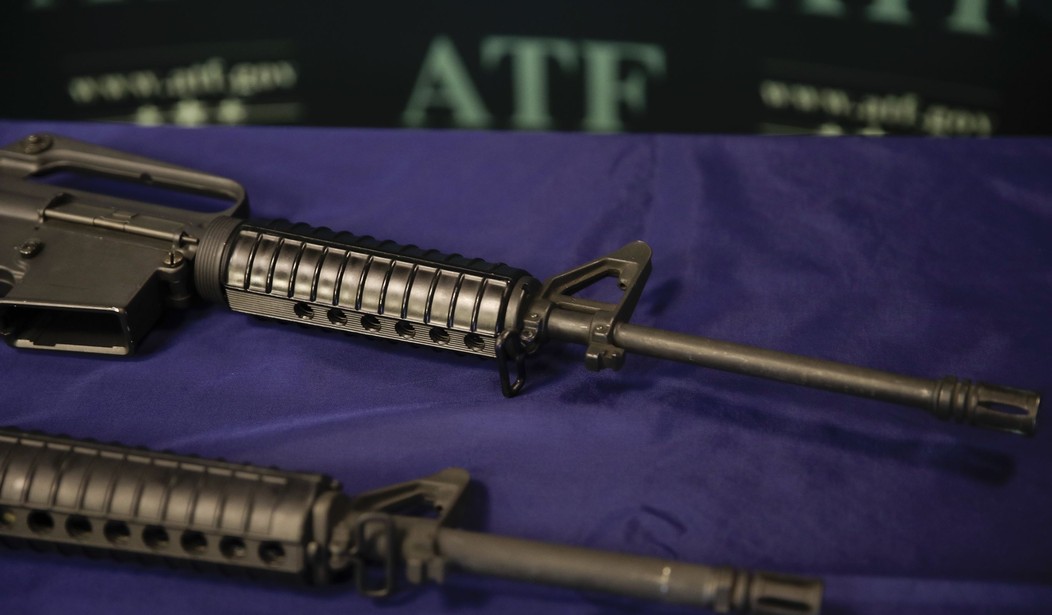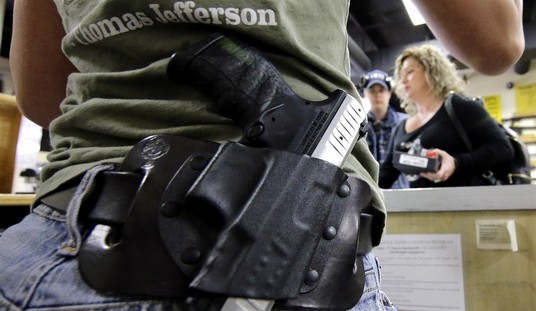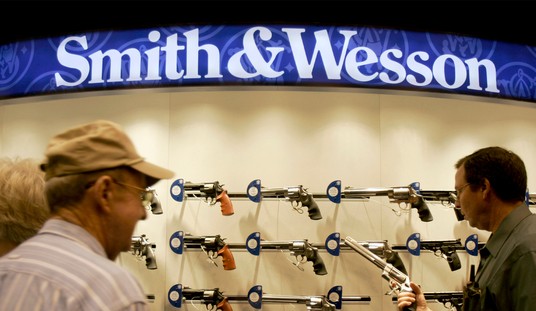Unserialized firearms, commonly called "ghost guns" by the media and anti-gun activists, though I repeat myself, are increasingly being held up as the greatest threat to peace and tranquility in this country. Numerous media reports cite their proliferation as a growing problem, though many are incredibly vague on just how many there are and how big of a percentage the issue is.
The problem, at least in their mind, is that anyone can build a "ghost gun" without a background check and that means criminals must love them.
When they turn up in criminal hands, confirmation bias kicks in and that's all these folks need to see.
In Minnesota, a ban on unserialized firearms is used to crack down on these homemade firearms, but now the days of that happening might be limited.
Under Minnesota law, the simple possession of a firearm without a serial number is a crime. As the FOX 9 Investigators previously found, it’s a statute law enforcement has increasingly leveraged to target ghost guns.
"We’re looking for ways to use that statute to try and impact the problem," Faust said
However, this week the Minnesota Supreme Court will hear arguments on a case that challenges the validity of the state law.
Gun rights advocates say the law is "unconstitutionally vague" and unfairly penalizes law-abiding gun owners.
But supporters of the law, including police in Brooklyn Park, say stripping it down would impact public safety.
Does it, though?
Oh, don't get me wrong. I'm well aware that many criminal enterprises have popped up using things like kits to build firearms that are then sold to those who want a gun without having to deal with the background check they probably wouldn't pass anyway, but that's not the question.
No, the question is whether the existence of these guns creates a negative impact on public safety beyond what would exist if they were never invented.
Plenty of criminals are getting these guns, sure, but they got guns easily enough before.
Does anyone else remember the violence of the 1990s? While you could probably buy kits back then--I bought one in the early 2000s and it wasn't exactly a new thing at the time--they weren't particularly prevalent. Criminals weren't building guns in their backyard to then shoot up the neighborhood.
No, they were typically getting stolen guns or having someone else buy them for them--at least, they did after the Brady Bill went into effect. They weren't deterred in the least by the law.
So if they got guns then without building them, why does anyone try to argue that if they can't build them now, they'll suddenly be unable to get guns at all?
That's essentially what this whole public safety argument hinges on, right? If they can't get them this way then they can't get them at all?
Yet we know that's not remotely true.
Especially since we have every reason to believe that the media and anti-gun activists--again, I repeat myself--are responsible for criminals going that route in the first place. People built guns for centuries without an issue, then the anti-gunners found out they could and made a thing of it. Criminals saw this and jumped at the opportunity since they could sell the guns for a profit after they built them.
But those who get these guns and cause problems? They were always going to find a way to get a gun. That was never in doubt, so it's improbable that a law banning so-called ghost guns would suddenly change everything.








Join the conversation as a VIP Member